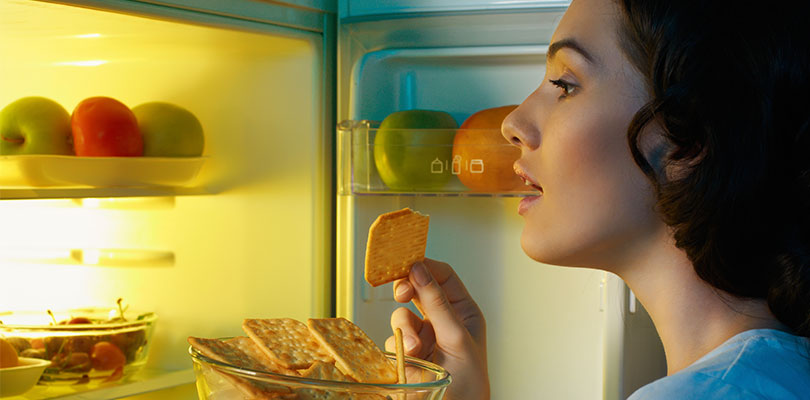What Can I Do About Baby Constipation?
Every parent knows that when your baby has an upset tummy, it means a lot of sleepless nights and cranky mornings.
If you suspect your little one may be suffering from constipation, then it’s essential to understand the signs and symptoms and treatment options. Educating yourself on this common condition can go one step further in helping your child find some relief.
What Is Constipation?
Regular bowel movements happen to be one of the many things that parents must monitor as their baby grows.
Irregular pooping could be a sign of other underlying health concerns. However, even if your child is simply having trouble using the bathroom, it’s something that you should take care of right away.
Constipation is mainly the difficulty or inability to have a successful bowel movement. This can lead to discomfort, inability to eat, and even another sickness if not dealt with promptly.
What Causes Constipation in Babies?
While some babies are naturally more susceptible to having constipation, there are a few things that you can do or avoid to help reduce the chances of this uncomfortable condition affecting your baby. Here are some common causes of constipation in babies:
- Milk-based formulas
- Dairy in the diet of a breastfeeding mother
- Introduction of baby food
Some babies will merely have a single phase of constipation and then recover. However, dietary changes may be necessary for babies that experience chronic constipation.
What Are Normal Bowel Movements for Newborns?
Breastfed babies usually produce a mustard-yellow, seedy poop that can be somewhat watery (but not diarrhea). Breastfed babies sometimes poop once per day, but it’s not uncommon for breastfed babies to go 2-3 days without a bowel movement.
Formula-fed babies usually don’t poop as often as breastfed babies. Their poop is typically yellow or brown and firm with a consistency of peanut butter.
Every baby’s poop is slightly different, but it’s important to monitor their poop to establish a normal pattern. If your baby usually poops once per day and it’s been 2-3 days since their last bowel movement, then this is outside of the scope of their routine and could be a sign of constipation.
Once your child finally goes potty, you should check the consistency. If it’s small, hard balls then this is likely a sign that your baby is constipated.
6 Signs of Constipation in Babies
Babies can’t speak for themselves, so it’s important that parents understand warning signs. Fortunately, there are a few tell-tale signs that your baby may be having difficulty pooping.
Huntington’s disease is an inherited sickness that causes the progressive breakdown or degeneration of brain cells. Learn the causes, signs, and more here.
Symptoms of constipation in babies include:
- The consistency of poop is hard or clay-like
- The prolonged absence of success bowel movement
- Firm, tight stomach
- Excessive straining
- Refuses to eat
- Inconsolable crying
What Can I Do if My Baby Is Constipated?
The good news is that there are treatment options available for constipated babies.
First, if your baby has started solid foods, then you should keep a food diary to help better indicate which foods are the culprit. Pay special attention to the types of fruits and vegetables that your baby consumes as these are often the leading causes of constipation.
If your child is formula-fed, then you should take a moment to read through the ingredients. Usually, milk-based formulas are a cause of constipation. In some instances, babies are simply lactose intolerant, and a change in formula will remedy the problem.
While it’s more uncommon for breastfed babies to experience constipation, it indeed can happen. The mother should evaluate the foods that she is eating to identify best which foods aren’t setting well on baby’s tummy. Too much dairy in the mother’s diet is often a leading cause of constipation in a breastfed baby.
When to Talk to Your Doctor About Baby Constipation
If dietary changes don’t work, then it’s time to speak with your pediatrician. A doctor will offer other treatment options.
The first treatment will likely be rectal stimulation by using a cotton swab or even a rectal thermometer. If that doesn’t work, then the doctor may suggest a rectal suppository, or in some instances, juices, drink mixes, or laxatives may be recommended.
Remember to speak with your doctor first before trying any home remedy.
The Bottom Line
Constipation, especially for babies, is an uncomfortable condition that sometimes won’t remedy on its own. Make sure to keep an eye on your little one’s diet and fecal output to quickly identify if there is a problem that should be addressed.
While most instances of constipation are relieved in a matter of days, sometimes medical help is necessary. If you have concerns about your child’s bowel movements, you should discuss your options with your pediatrician.







